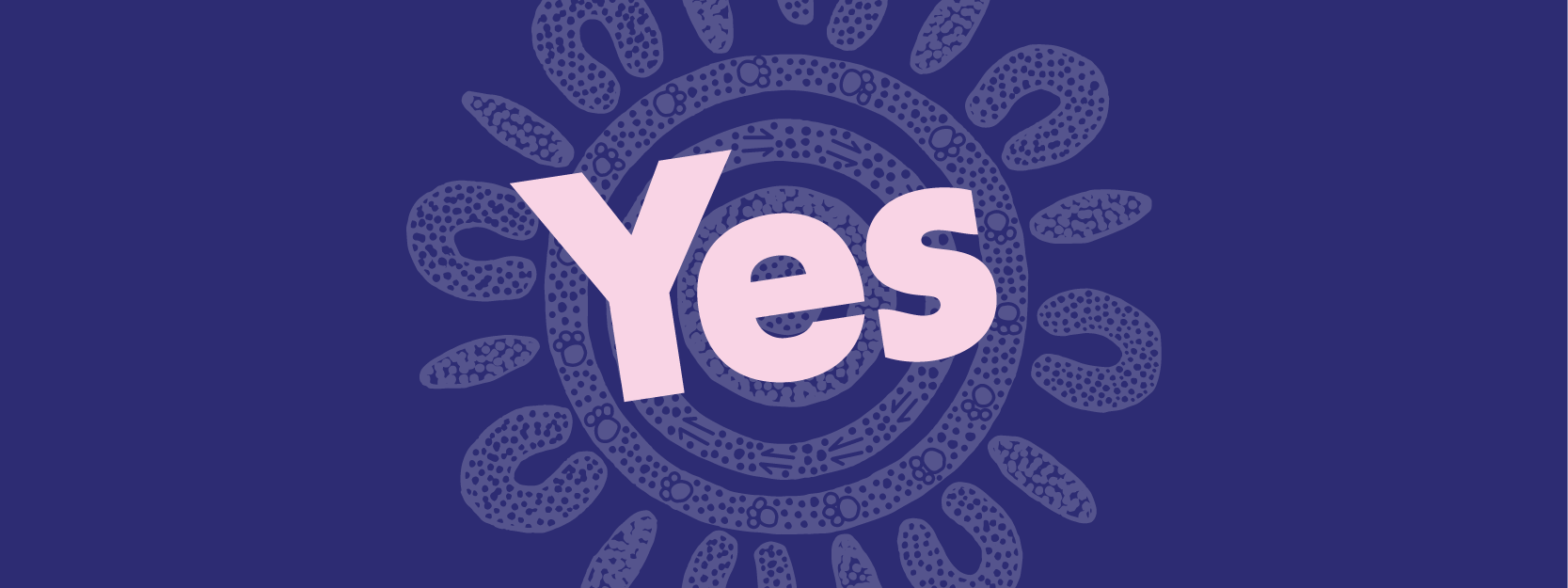SEMPHN formally acknowledged our support for the First Nations Voice to Parliament and released our Position Statement written by SEMPHN Clinical and Community Council First Nations’ members, Dr Luke Martin and Brenda McDermott, on behalf of SEMPHN.
This is a significant moment for First Nations people and for all Australians. It’s the first step towards listening to First Nations’ communities about how health services are delivered to meet their needs. We know that Aboriginal and Torres Strait Islander people are the most disadvantaged group in our communities. They have a disproportionate burden of lower life expectancy, drug dependence, kidney disease and rheumatic heart disease.
SEMPHN has a responsibility to hold itself, our partners, stakeholders and providers accountable to improve the provision of culturally appropriate healthcare for Aboriginal and Torres Strait Islander people and to address these issues.
That’s why we’re advocating for the Voice by amplifying the YES23 campaign through our communication channels. We’re also providing information on social and emotional supports, recognising that the discussion around a Voice to Parliament will result in vigorous debate and possible distress. We understand that there are different perspectives and opinions.
We ask that you join us in supporting a YES vote as a step towards making a difference for all Australians to access the best healthcare and live their healthiest lives.
Support Resources
Mental health needs of First Nations peoples
As the Voice to Parliament Referendum approaches, First Nations peoples may be experiencing wellbeing impacts associated with the national conversation and debate. Earlier this year, the Department of Health and Aged Cared commissioned the National Centre for Aboriginal and Torres Strait Islander Wellbeing Research (NCATSIWR) at the Australian National University to conduct Aboriginal-led research on the mental health impact of the Voice to Parliament Referendum. More information about the project can be found on the NCATSIWR website. The research indicates First Nations peoples may be experiencing stress, uncertainty, increased racism, re-traumatisation, as well as pressure to educate others, especially non-Indigenous Australians, about the Referendum.
To support the health sector to respond to the mental health needs of First Nations peoples, the ANU has published evidence-based factsheets that summarise the research findings and provide links to relevant information and supports.
These factsheets have been tailored to the following audiences:
Further information and resources

Need support?
SEMPHN understands that the current conversation and media coverage around the Voice may cause distress. It’s important to offer support to those around you and seek support if you need it.
- Call Triple Zero (000) for immediate assistance if you are concerned for your safety or the safety of others.
- Call 13YARN (13 9276) for 24/7 crisis support run by Aboriginal and Torres Strait Islander people or Lifeline 13 11 14.
- Call 1800 805 801 (24/7) for Thirrili National Indigenous Postvention Service or Jesuit Social Services Support After Suicide (03) 9421 7640 | Email: aftersuicide@jss.org.au, if you have lost someone to suicide.
- Call 1800 435 799 for Brother to Brother, a 24 hour crisis line for Aboriginal and Torres Strait Islander men.
- Call 1800 184 527 (3pm – midnight, 7 days) for QLife or visit Black Rainbow, for LGBTQIA+SB support.
- Visit headspace Yarn Safe for young people.
- Visit WellMob for online health and wellbeing resources developed by First Nations people.
- Download
iBobbly a social and emotional wellbeing self-help app for young Aboriginal and Torres Strait Islander peoples aged 15 years and over.



